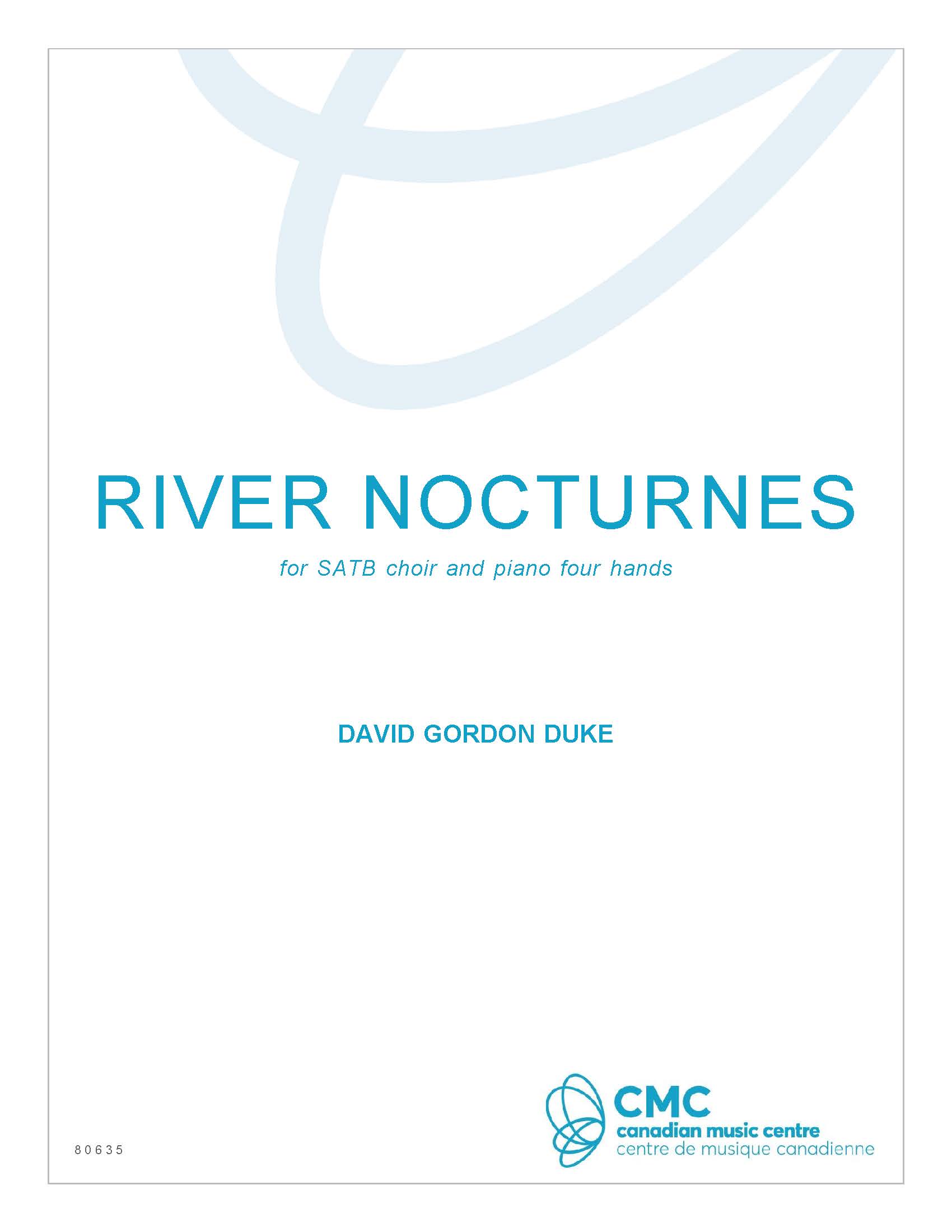I had the good fortune to attend the University of North Carolina at Chapel Hill for my Master’s degree in historical musicology. My time there was relatively brief, but very significant: I grew to love that beautiful part of the world, and knew that I would, some day, try to write music about my experiences.
That opportunity came when my friend from UNC days Julie Smith told me about a fine vocal ensemble she sang with, the Circle Singers, based in the Washington DC suburb of Bethesda, Maryland. This group of some twenty excellent musicians was led by Sondra Goldsmith Proctor, a profoundly gifted conductor who had an interest in new works and an ensemble willing to perform them. It was a wonderful privilege to write for them.
In the knowledge that I was writing for a highly skilled and somewhat fearless group, I decided on an extended work full of what I hoped would be interesting colours and a good deal of contrapuntal writing. My mentor Jean Coulthard had once remarked that the sound of a single piano against a sizable complement of voices often seemed unsatisfactory to her; her wonderful Quebec May for choir and two pianos demonstrates her point. I decided to write for singers and piano four hands, a favourite keyboard sound of mine and one which was practical for ensembles that might balk at the trouble (not to mention the expense) of getting a second piano. The resulting work often pushes well beyond conventional choral writing, with complex sonorities and dense, quickly shifting textures. But I knew that Sondra and her singers would do it justice.
I trace the initial inspiration for the work to sojourns to the Potomac and Shenandoah Rivers, which triggered my desire to write about my time in North Carolina and visits to the Virginias. I discovered the longish poem Down the Mississippi by American imagist John Gould Fletcher, and selected passages that contained just what I wanted: rich and exalted language filled with opportunities for word painting, driven by the ever-changing landscapes of a night journey by water. That the journey transforms from physical to metaphysical through the course of the three-movement work was also just what I wanted to try to reflect.
This was not my only composition for the Circle Singers. In 1996 they were planning a tour of Europe. Would I write something a capella for them? Lions, tygers, and bears, a trio of silly madrigals, was premiered in Prague, then reprised in Vienna and Budapest, and subsequently recorded on CD.
Some of River Nocturnes was adapted for another international performance. In 2003 the Vancouver Piano Ensemble was going on tour in north-eastern China and Inner Mongolia, and wanted to take some Canadian music with them. I recast the first movement of River Nocturnes as Nottorno Pastorale, for two pianos, eight hands; while the subtleties of Fletcher’s text are, of course, missing, the evocative summer night mood of the music is retained.
For more about John Gould Fletcher see https://encyclopediaofarkansas.net/entries/john-gould-fletcher-1646

